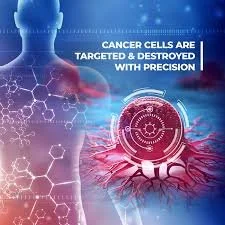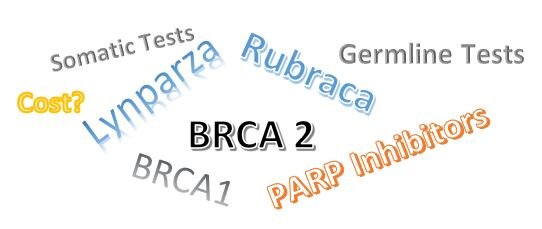Shorter prostate-specific antigen doubling time was significantly associated with shorter metastasis-free survival and overall survival.
The development of metastasis was associated with a 3-fold higher risk of death.
The onset of non-metastatic castrate-resistant prostate cancer and metastatic castrate-resistant prostate cancer was associated with substantial cost increases.







